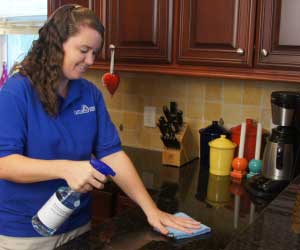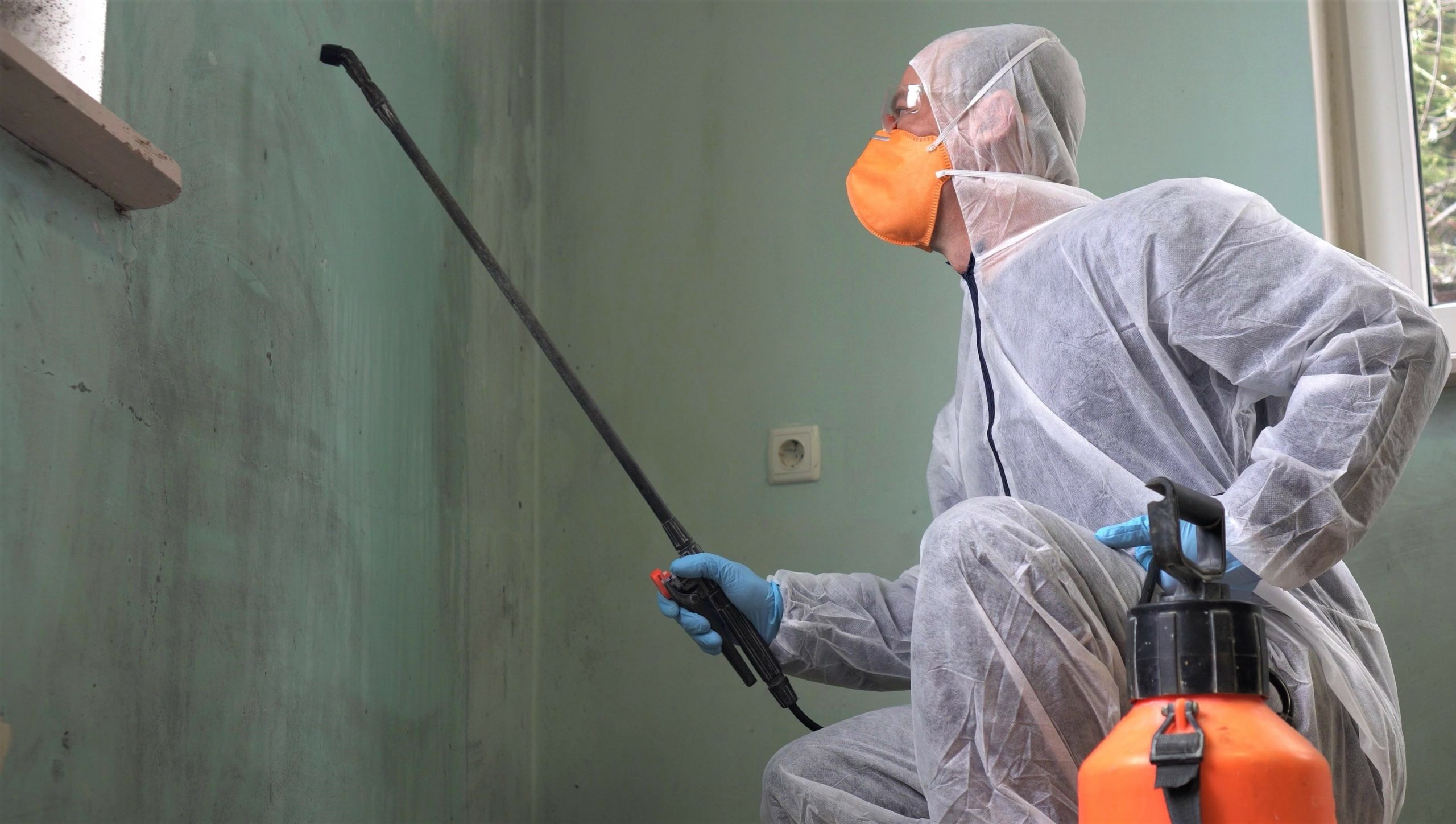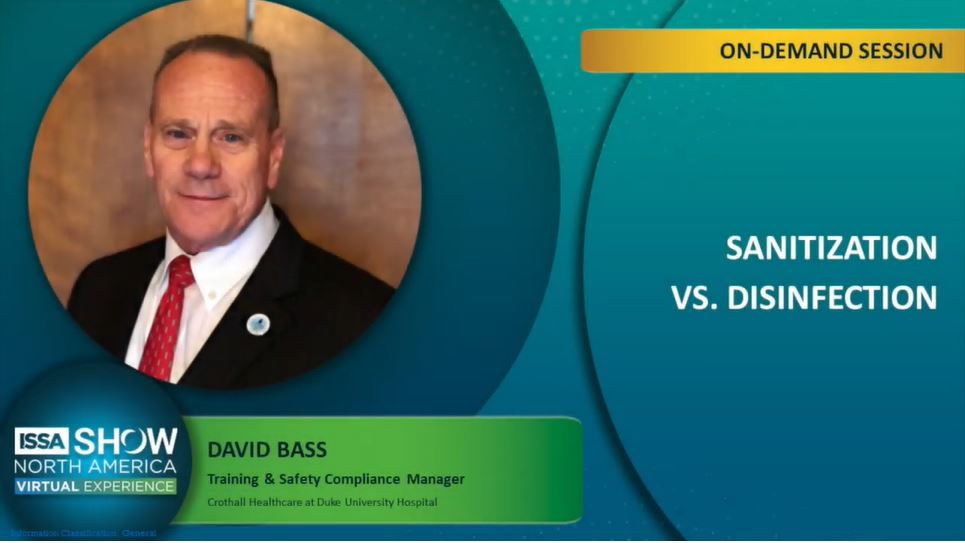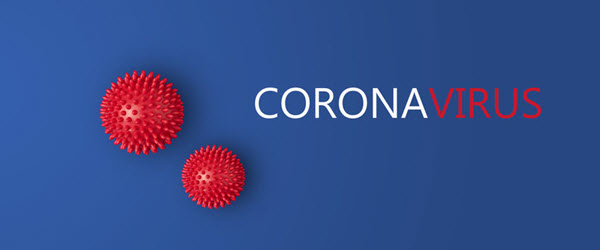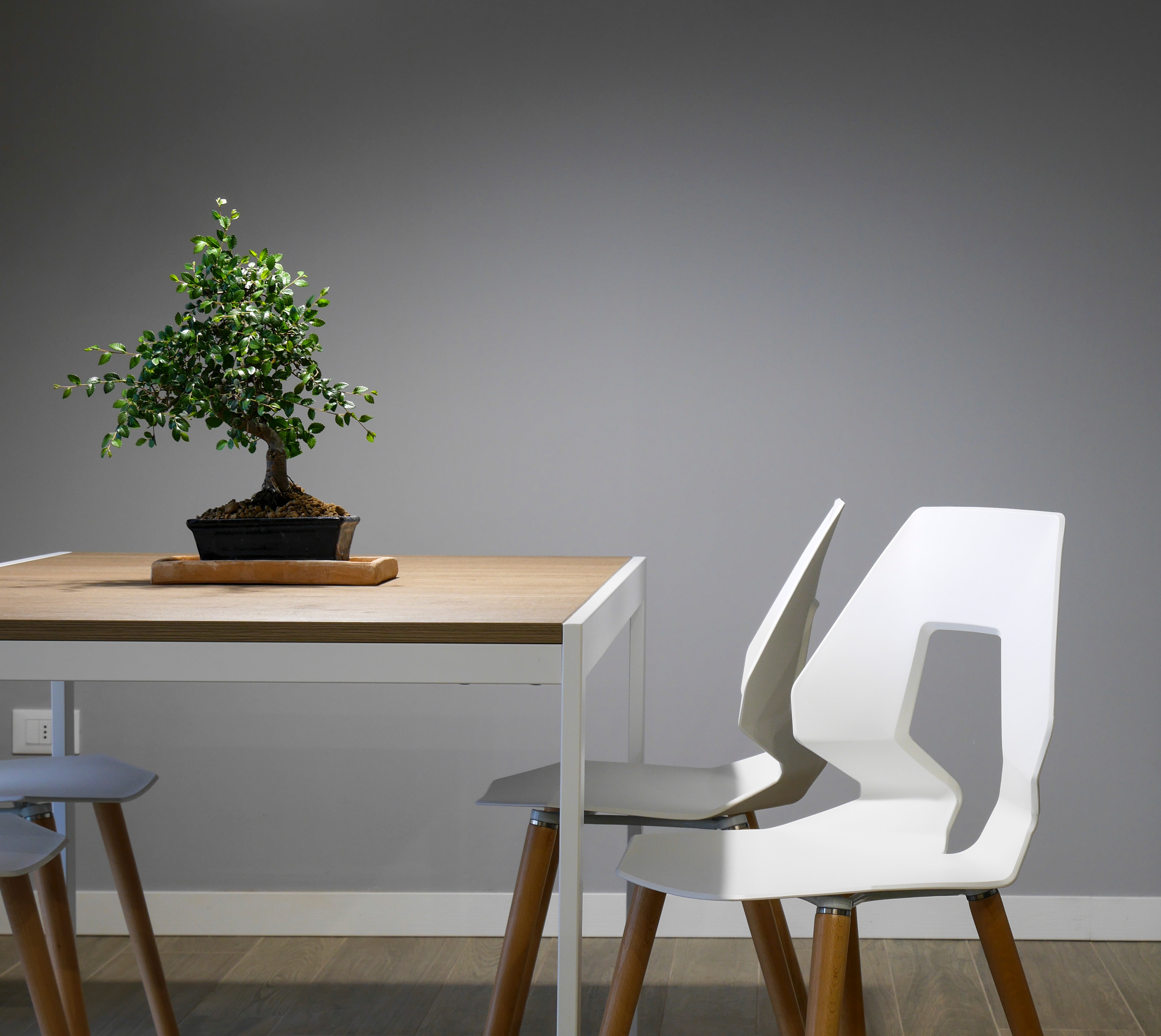With each new premium material for home décor comes an education in how to keep it both clean and beautiful. As strong as the stone it, the finish is delicate and easy to ruin if you’re not checking with the experts.
Granite countertops are one of the most elegant features found in the today’s kitchen. They add value and beauty to a home. Granite does require a little extra knowledge in order to properly maintain it, but it’s worth the effort.
[EasyDNNnewsToken:Left Justify Embed 300 x 250]A natural stone, granite is often sealed in order to protect it from staining and other types of damage. There are some types of granite that can’t be sealed, like black granite. Before you start cleaning, you need to know whether you granite is sealed. You can do a simple water drop test to find out. If the water “beads” on the top, your granite is sealed. If the water spreads out and “sinks in” to the granite, you countertop is not sealed.
“The trick with granite and indeed most stone is to use a neutral, non-chelating cleaner,” says Bruce Vance, owner of Town and Country Services, a residential cleaning in Chapel Hill, North Carolina. “Most cleaners, including glass cleaners, have additives known as chelates in them. These clump minerals in the water, effectively softening the water and making the cleaner more efficient. A good idea, except on stone. The chelating agents don’t know the difference between the minerals in the stone and in the water. They react to both, causing microscopic etching of the stone. This is the main reason so many granite counter tops feel gritty. Cleaners that are stone specific are labeled as such because they do not have the chelating agents in them, and should be neutral.”
Here are some other tips for keeping your granite countertop in top condition:
Dos and Don’ts of Granite
· Do use a pH neutral cleaner.
· Don’t use cleaning products that contain mineral oil. It will leave a residue.
· Do use deionized water or distilled water.
· Don’t use products containing silicone. It’s for furniture not granite. It can yellow, build up, leave a residue and prevent your natural stone from breathing, which can cause it to disintegrate.
· Don’t use any type of bleach, vinegar or acid-based products.
· Do use a microfiber towel.
· Don’t use tub or tile cleaners or products that contain de-greasing agents.

